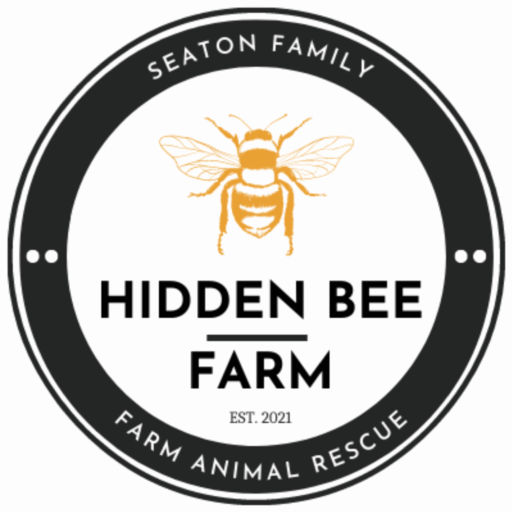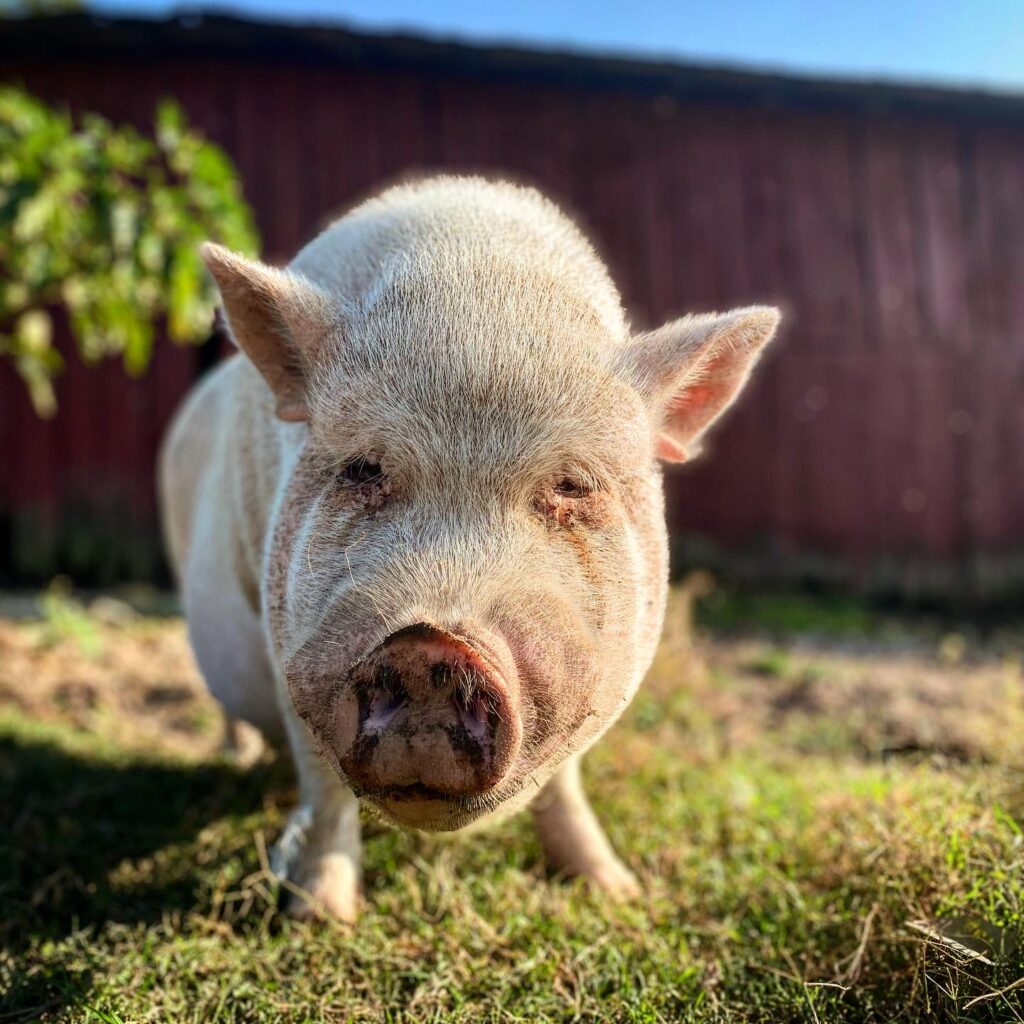Potbelly Pigs vs Other Miniature Pig Breeds?
It is not without reason that miniature pig breeds are trending. Mini pigs can make great pets. They are friendly to humans and can be easily trained to use the potty and walk on a leash. They also consume less food compared to dogs of comparable size and require minimal attention since they can play with toys all day. They also make the cut in residences with restrictions on the size and weight of pets one can keep. As for temperament, most are not likely to challenge authority but may require positive reinforcement to help them adapt to the home environment.
The most popular of these breeds is the potbelly, but it is important to see how it compares to other mini pigs.
The main difference between potbelly pigs and other miniature pigs is their size. The potbelly is slightly bigger and heavier than other miniature pig breeds.
According to BC SPCA, “There are many breeds of pigs sold as “mini pigs,” including the Kunekune, Juliana, and Pot-bellied pig. However, even the smallest breeds of pigs will not remain very small. According to the American Mini Pig Association, a standard mini pig can range from 35 – 50 cm tall and can weigh between 50 – 150 pounds full grown. That is as tall as a border collie, and can be as heavy as a St. Bernard! Any breed of pig that weighs under 350 pounds is considered a “miniature pig.”
If your “teacup” pig is actually a standard farm-breed pig, it will grow even heavier and up to three times as tall. Mature females can be over 700 pounds and males even larger: possibly over 1,000 pounds! “Be aware that whatever you adopt, it will never fit inside a teacup,” says Salumets. It may not even fit in your car!”
Another often overlooked need is the cost and importance of spaying and neutering. As with most all animals spaying and/or neutering a nonbreeding animal is far better for their well-being. Numerous health conditions and aggressive behavior will be greatly decreased when you spay or neuter your pig. The size and age of the animal will be one of the determining cost factors. Your veterinarian will be able to share the benefits versus the risks for you to make an informed decision.
How much does a mini pig cost?
- Adopting your pet: generally around $250 – $500 (breeders may charge up to $3000)
- Licensing, if required
- Veterinary bills:
- Vaccinations
- Parasite treatments
- Treatments for injuries, illnesses, and check-ups
- Tusk or hoof trims if needed (If you let this go too long it can become a real problem and cost more)
- Spay/neuter
- Food costs, including vitamins, if needed (different breeds require different food)
- Housing, fencing, and bedding costs
- Cost of care while you are away on vacation
- Costs of replacing valuables should they get destroyed by your pig
Note: Other costs not listed here may be incurred as well.
The NORTH AMERICAN PET PIG ASSOCIATION has a ton of wonderful information on owning a pet pig. The following is a sample of some questions you should ask yourself.
1. Have I done enough research and do I have enough information about the pig’s temperament, size, training methods, daily care, and health care to know if a pig is right for me?
2. Can I afford to take good care of my pig? Do I have a vet that will accept a pig as a patient?
3. Do I have time to properly train my pig?
4. Will a pig fit into my lifestyle and my home?
.
While owning a (mini)pig is a major responsibility, the rewards can be incredibly worthwhile. At the Hidden Bee Farm, we have rescued several pigs from all kinds of different situations. It is important before you bring any animal into your home to do your research and make sure it is right for you and your family.


